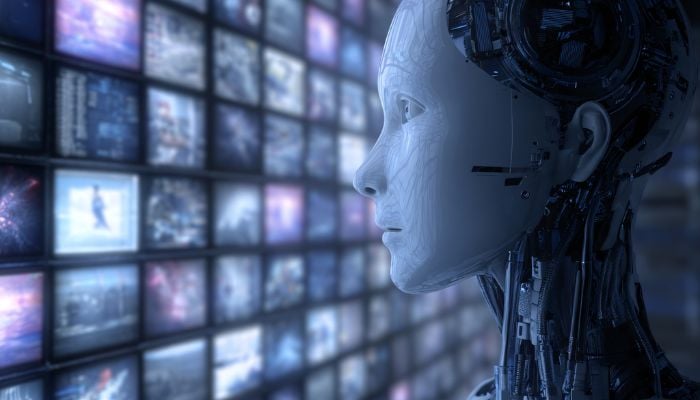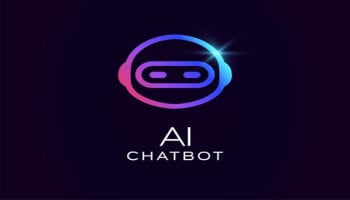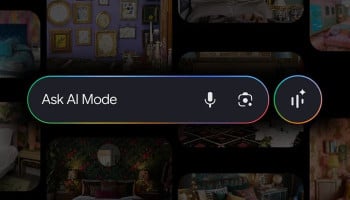
Artificial Intelligence (AI) is no longer just a buzzword; it is changing the industries and workplaces of the world. In the next ten years, many experts predict that AI automation will replace many jobs that humans are currently doing and will change the way businesses operate.
While this may sound unsettling, it does create the potential for new opportunities and jobs.
10 jobs AI will overtake in coming years
Gadinsider has got you the list of ten high-demand careers that artificial intelligence will either replace or transform by 2035:
Junior coders/Software testers: Generative AIs write code, remove bugs, and create applications in minutes. If they become widespread, entry-level programmers may have fewer opportunities.
UI/UX designers: Whether humans are involved or not, AIs can create wireframes, prototype designs, and even user flows in seconds. One designer may do the work of a whole team.
Graphic designers: Midjourney, DALL-E, and Adobe Firefly are already generating professional-quality images, logos, and social media materials with simple prompts.
Content writers: Writing assistants are generating non-fiction blog posts, product descriptions, and SEO content at scale. Human writers will likely have to stick to strategy and originality.
Video editors: Editors have a few more years of work, but AIs are creating editing software using AI that cuts, color grades, and uses visual effects automatically.
Game developers (Basic Assets): AI is now generating 3D characters, levels, and scripts using prompts. This takes time away from actual game development and invites fewer asset developers.
Data analysts: AI can gather "big data," analyse it, and produce reports, and even recommend decisions, reducing the time analysts spend crunching numbers.
Cybersecurity analysts: AI tools can uncover threats, breach predictions, and even automate incident responses faster than their human counterparts.
Digital marketers: Ad targeting, campaign optimisation, and A/B testing are increasingly handled by machine learning algorithms.
Tech support specialists: AI chatbots are capable of solving complex IT issues, reducing the need for large support teams.
















